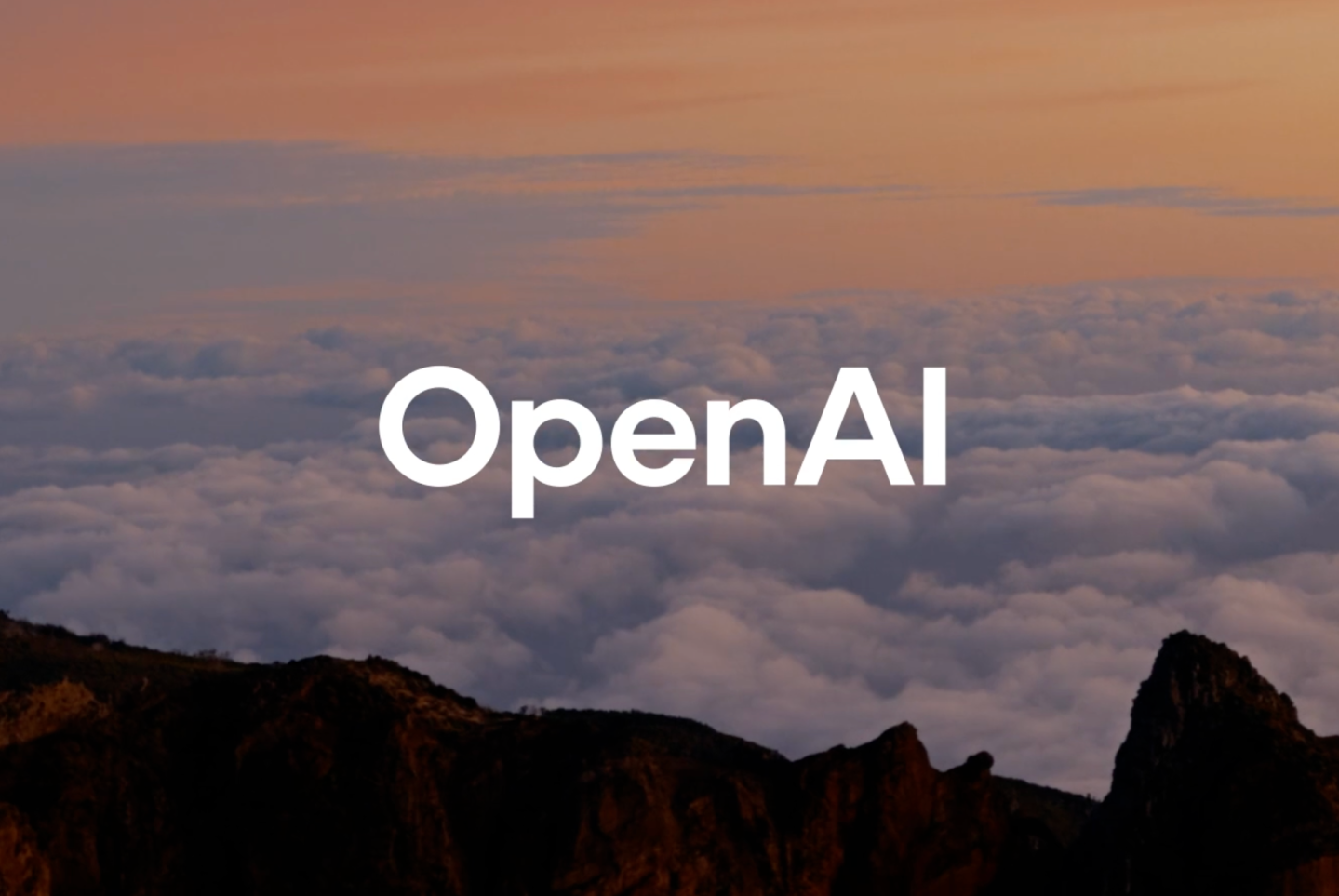OpenAI Introduces GPT-4.1 Models Focused on Coding

OpenAI has launched a new family of models called GPT-4.1, which includes GPT-4.1, GPT-4.1 mini, and GPT-4.1 nano. These models are designed to excel in coding and instruction following, featuring a 1-million-token context window that allows them to process approximately 750,000 words at once. The models are available through OpenAI's API but not on ChatGPT.
The GPT-4.1 models are optimized for real-world software engineering tasks, focusing on areas such as frontend coding, reliable format adherence, and consistent tool usage. OpenAI claims that the full GPT-4.1 model outperforms its predecessors on coding benchmarks like SWE-bench, although it slightly trails behind competitors like Google's Gemini 2.5 Pro and Anthropic's Claude 3.7 Sonnet.
Pricing for the models varies, with GPT-4.1 costing $2 per million input tokens and $8 per million output tokens. The mini and nano versions are more cost-effective, with GPT-4.1 nano being the fastest and cheapest model. Despite its capabilities, OpenAI acknowledges that GPT-4.1's reliability decreases with larger input sizes and that it may require more explicit prompts compared to previous models.
We hope you enjoyed this article.
Consider subscribing to one of our newsletters like Daily AI Brief.
Also, consider following us on social media:
Subscribe to Daily AI Brief
Daily report covering major AI developments and industry news, with both top stories and complete market updates
Market report
2025 Generative AI in Professional Services Report
This report by Thomson Reuters explores the integration and impact of generative AI technologies, such as ChatGPT and Microsoft Copilot, within the professional services sector. It highlights the growing adoption of GenAI tools across industries like legal, tax, accounting, and government, and discusses the challenges and opportunities these technologies present. The report also examines professionals' perceptions of GenAI and the need for strategic integration to maximize its value.
Read more
.png)